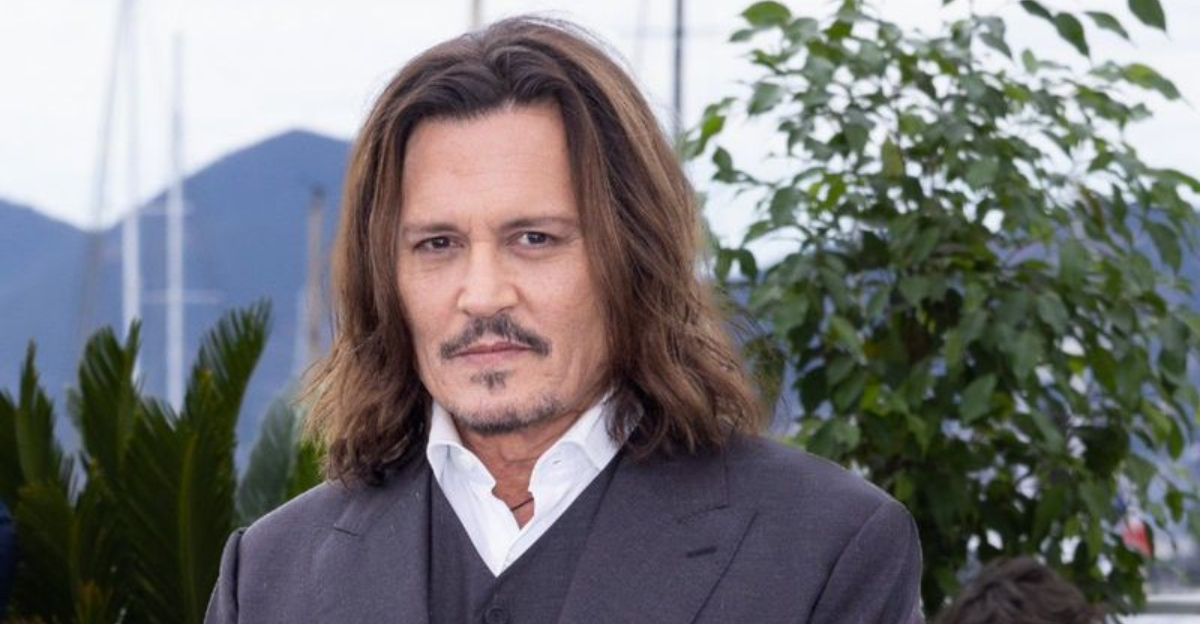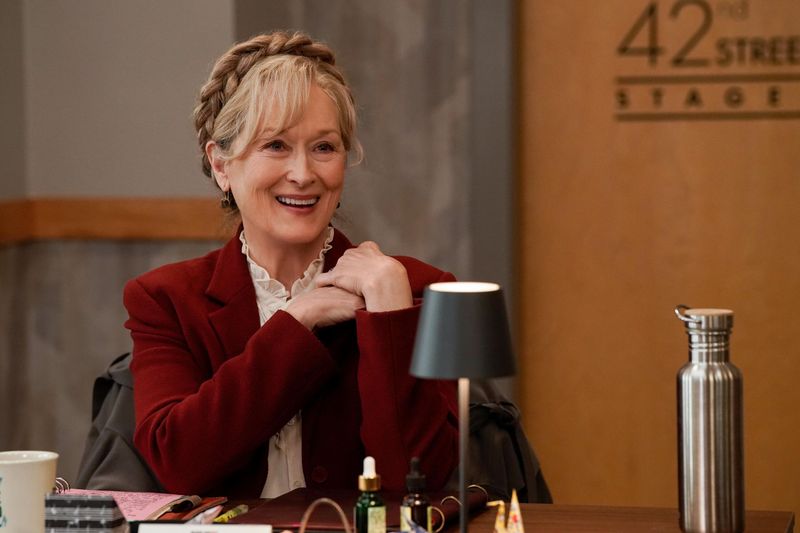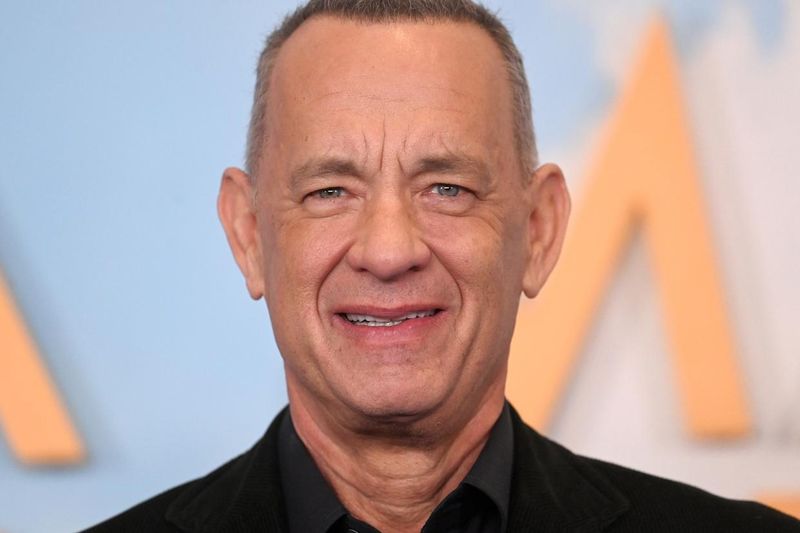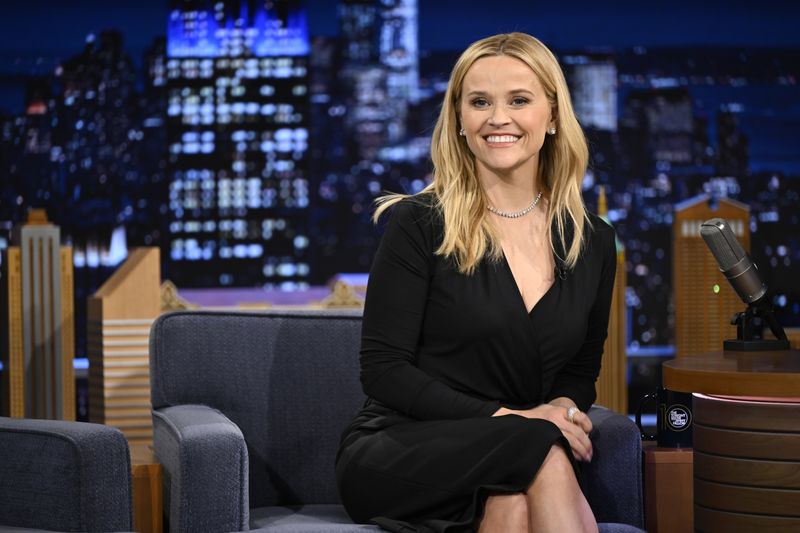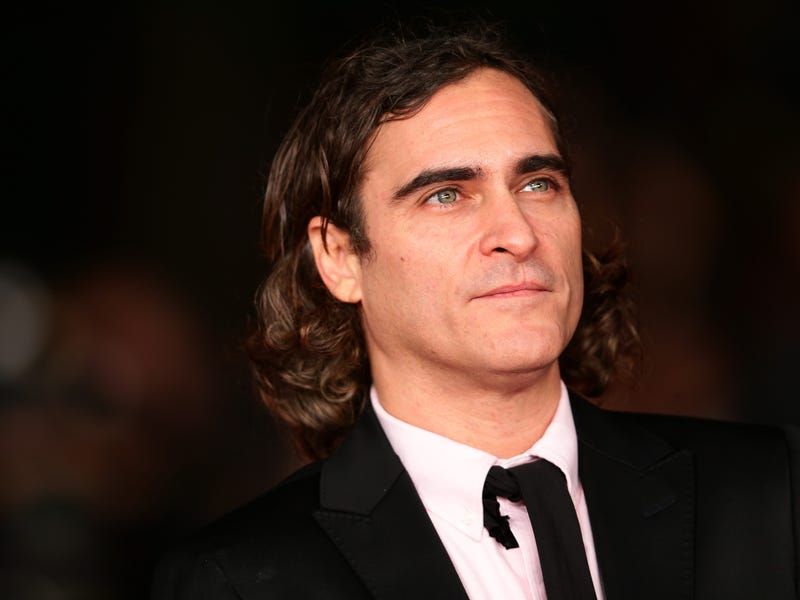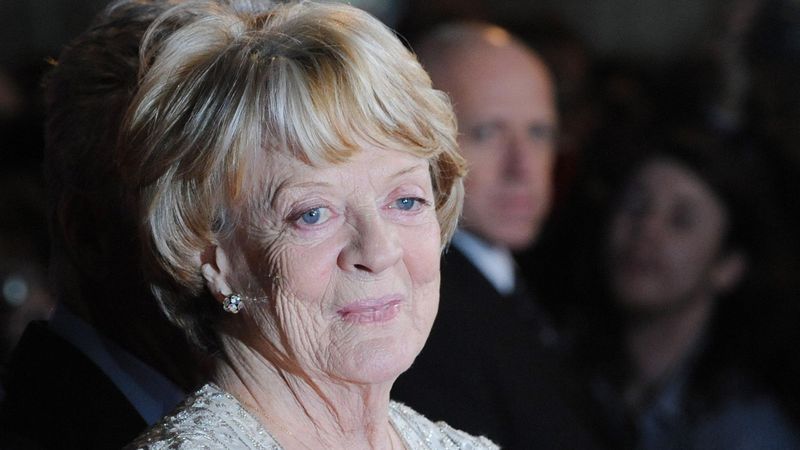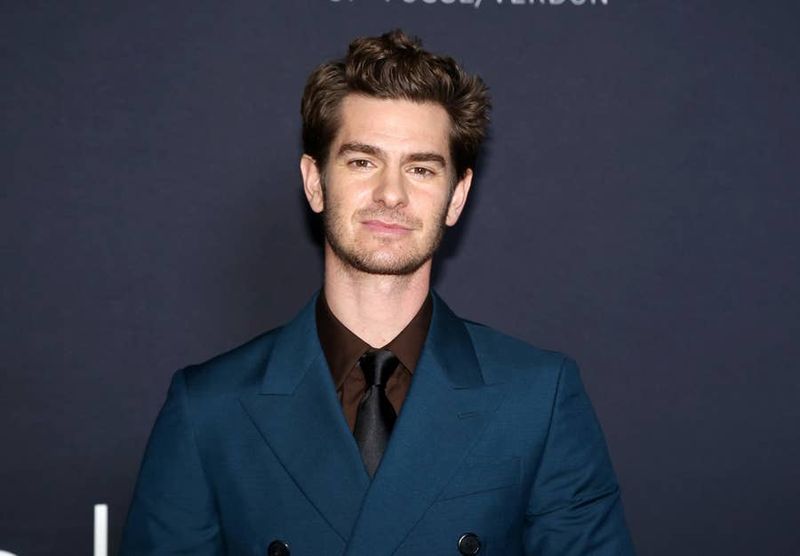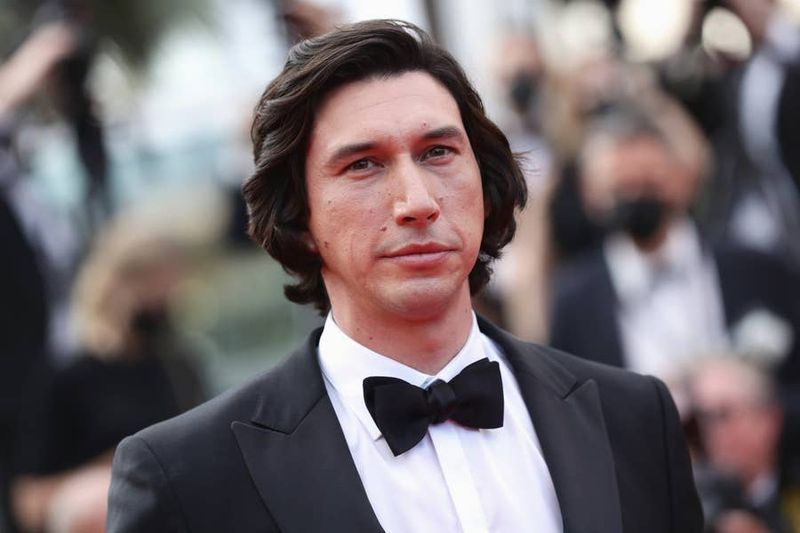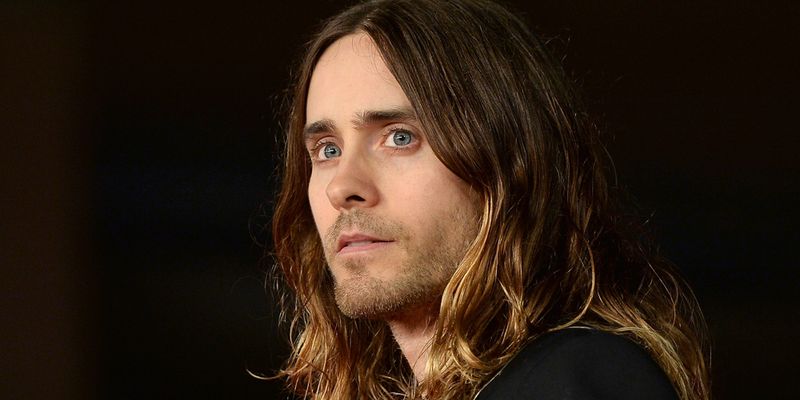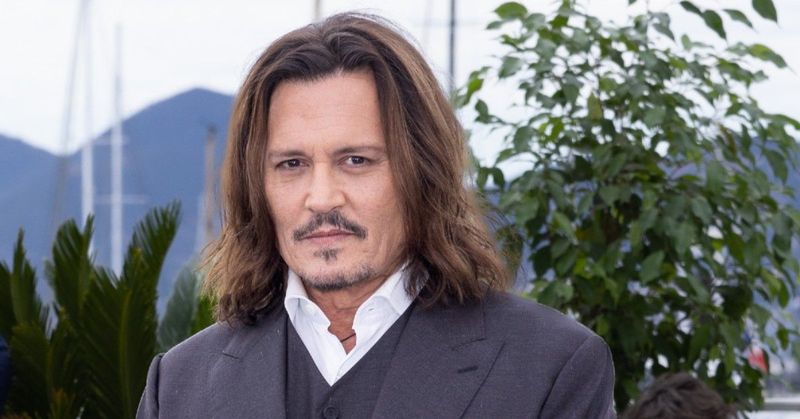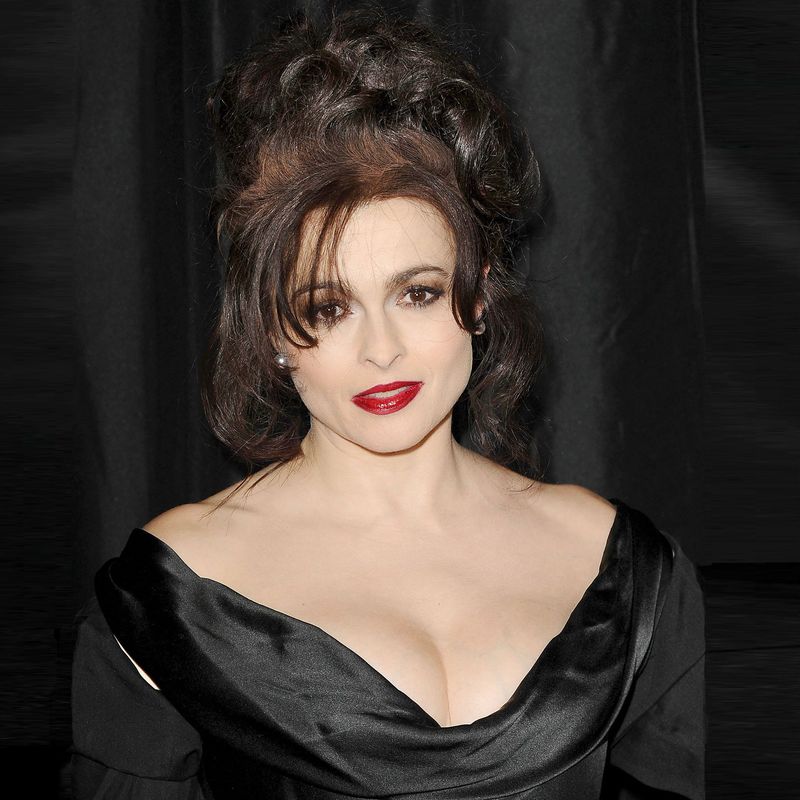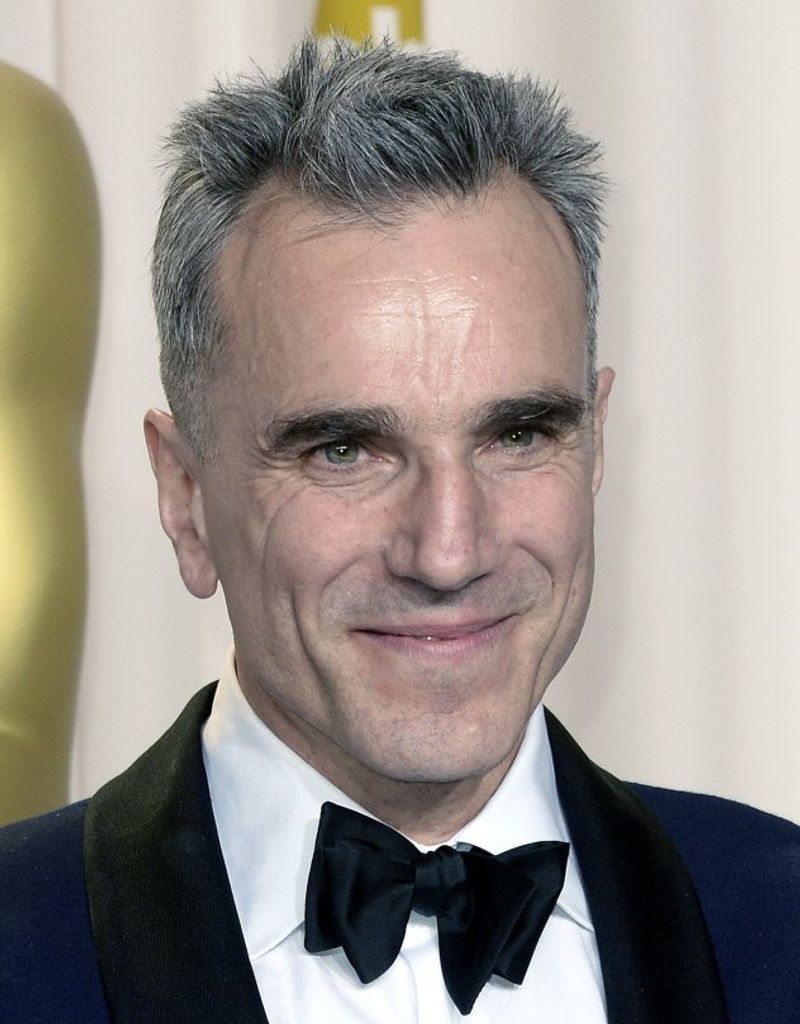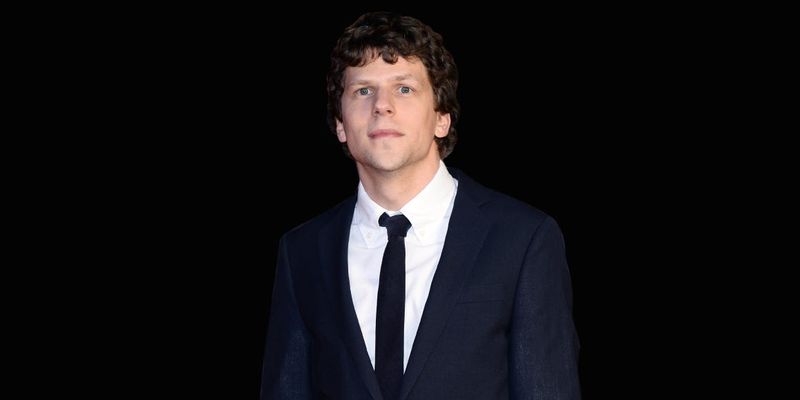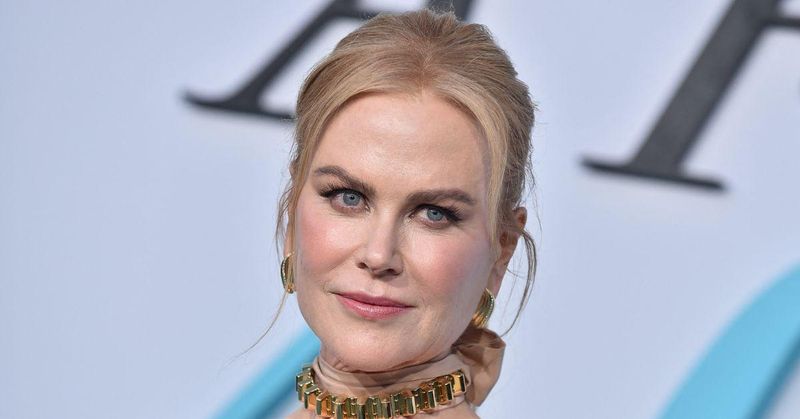In an industry where self-promotion is often key, some movie stars take a surprising stance: they refuse to watch their own films. Whether it’s due to discomfort, anxiety, or personal principles, these actors have chosen to keep their performances at arm’s length. Here, we explore 15 movie stars who, despite their fame and success, steer clear of their own cinematic creations. Delve into the reasons behind their decisions and discover what makes each of these stars unique in their avoidance of self-viewing.
1. Meryl Streep
Even the legendary Meryl Streep finds the idea of watching her own films unsettling. Despite her countless awards and accolades, Streep considers seeing herself on screen an agonizing experience. She often skips screenings, allowing others to enjoy her work without her. For someone of her caliber, this avoidance is a personal choice to stay grounded. Her humility in the face of immense success is part of her enduring charm. Streep’s preference for moving on from past performances keeps her focused on the present, ensuring her work remains fresh and genuine.
2. Javier Bardem
Javier Bardem, with his intense and powerful performances, finds watching himself on screen physically uncomfortable. He has likened the experience to “vomiting,” a visceral reaction that underscores his disconnection from his on-screen persona. Bardem’s honesty about this discomfort showcases his dedication to the craft over personal vanity. By not watching his films, he maintains a healthy distance from self-criticism, focusing instead on the passion and process of acting. This approach allows him to remain grounded despite his fame, avoiding the trap of self-obsession that often accompanies celebrity.
3. Tom Hanks
Tom Hanks, a beloved figure in Hollywood, surprisingly admits to rarely revisiting his past works. Describing it as a “horrible mistake,” he prefers not to watch his movies after production wraps. Hanks’s decision is rooted in his desire to focus on the journey rather than the destination. This choice highlights his humility and dedication to the craft of storytelling. By avoiding his films, Hanks keeps his perspective fresh and grounded, choosing to remember the experience over the end result. His approach reflects a deep respect for the process of filmmaking itself.
4. Reese Witherspoon
Reese Witherspoon, although a household name, admits to avoiding her own films, including the iconic “Cruel Intentions.” She once mentioned in an interview with The Hollywood Reporter that she prefers not to watch her performances. Witherspoon’s choice is about preserving the raw experience of acting. By not seeing her work, she avoids the temptation of self-critique and remains focused on the present. Her enthusiasm for storytelling is evident in her performances, reflecting a desire to stay true to the essence of acting. Witherspoon’s approach allows her to remain authentic and engaged.
5. Joaquin Phoenix
Joaquin Phoenix is known for his intense and transformative roles, yet he shies away from watching his performances. In a candid interview, he revealed that he once walked out of a screening of “Her” because seeing himself on screen “freaked him out.” Phoenix’s aversion highlights his sensitivity and commitment to his craft. By not viewing his films, he maintains a healthy emotional distance, allowing him to take on new roles with a clear perspective. This choice underscores his dedication to exploring different characters without the distraction of self-analysis.
6. Maggie Smith
Dame Maggie Smith, renowned for her roles in “Downton Abbey” and the “Harry Potter” series, has never watched these iconic productions. She has expressed that she “doesn’t enjoy seeing herself perform,” choosing instead to let others appreciate her work. Smith’s decision reflects her humility and devotion to acting. By avoiding her films, she preserves the magic of her performances, allowing her audience to form their own connections. Her approach exemplifies a unique blend of grace and professionalism, focusing on the art of acting rather than self-scrutiny.
7. Andrew Garfield
Andrew Garfield, despite his success in Hollywood, finds watching his own movies “too painful.” He has expressed a preference for focusing on the experience of acting rather than the final product. Garfield’s approach highlights his passion for the craft and his desire to remain present in each role. By avoiding his films, he keeps his perspective fresh and unburdened by self-doubt. This choice allows him to explore new characters without the weight of past performances. Garfield’s dedication to the art of acting is evident in his thoughtful approach to his career.
8. Adam Driver
Adam Driver’s aversion to watching himself on screen is well-documented. Known for his powerful performances, he once stormed out of a radio interview when a clip from “Marriage Story” was played. Driver’s strong reaction underscores his discomfort with seeing his own work. By avoiding his films, he maintains a focus on the craft without becoming overly critical. This approach allows him to remain dedicated to exploring new roles with authenticity and depth. Driver’s choice reflects his commitment to preserving the integrity of his performances and staying true to his artistic vision.
9. Jared Leto
Jared Leto, an actor known for his method approach, chooses not to watch his movies. He believes that doing so would break the “emotional separation” he seeks to maintain after filming. Leto’s decision reflects his dedication to fully embodying his roles without the distraction of self-evaluation. By avoiding his films, he keeps his process pure and focused. This commitment to his craft allows him to explore characters with depth and intensity. Leto’s unique approach to acting is mirrored in his ability to take on challenging roles with unwavering dedication and passion.
10. Johnny Depp
Johnny Depp, known for his eclectic film roles, has openly stated his aversion to watching himself on screen. He moves on from his roles with ease, leaving the past behind. “I don’t like watching myself,” he once told Ellen DeGeneres. “I prefer not to.” For Depp, the idea of revisiting performances is unsettling. This detachment allows him to focus on the craft rather than the end product. Often, such an approach helps him maintain a fresh perspective in his work and avoid the pitfalls of self-critique. His commitment to this practice is both unusual and intriguing.
11. Helena Bonham Carter
Helena Bonham Carter, known for her eccentric and brilliant performances, seldom watches her own movies. She describes the experience as “cringe-inducing,” preferring to rely on the audience’s perception of her work. Bonham Carter’s choice highlights her authenticity and creative spirit. By not viewing her films, she avoids the pitfalls of self-critique, focusing instead on the joy of acting. This approach allows her to explore diverse roles without the burden of self-analysis. Her vibrant personality and commitment to her craft make her a beloved figure in the film industry.
12. Daniel Day-Lewis
Daniel Day-Lewis, celebrated for his transformative performances, often disappears between roles and avoids watching his films. This choice reflects his intense dedication to the craft, allowing him to fully immerse himself in each character. By steering clear of his own movies, Day-Lewis preserves the integrity of his performances. His approach highlights a deep respect for the art of acting, focusing on the emotional journey rather than the final product. Despite his hiatuses, Day-Lewis remains a revered figure in Hollywood, known for his meticulous attention to detail and unwavering commitment.
13. Emma Stone
Emma Stone, despite her success, avoids watching her performances unless absolutely necessary. Known for her engaging screen presence, she prefers to leave the viewing to others. Stone’s choice is about maintaining a sense of modesty and focusing on the joy of acting. By not watching her films, she keeps her perspective fresh and untainted by self-doubt. Her approach allows her to explore new roles with enthusiasm and authenticity. Stone’s dedication to her craft is evident in her vibrant performances, reflecting a genuine love for storytelling and the art of cinema.
14. Jesse Eisenberg
Jesse Eisenberg, an actor known for his intelligent and nuanced roles, suffers from severe anxiety when watching himself on screen. He avoids premieres altogether, preferring to focus on the process of acting. Eisenberg’s choice underscores his dedication to his craft without the distraction of self-analysis. By steering clear of his films, he remains grounded and focused on exploring new characters. This approach allows him to maintain his authenticity and passion for storytelling. Eisenberg’s commitment to acting is evident in his thoughtful approach to each role, making him a respected figure in the industry.
15. Nicole Kidman
Nicole Kidman, despite decades in the film industry, watches only a “tiny fraction” of her movies. She famously walked out of “The Killing of a Sacred Deer” premiere, unable to handle seeing herself. Kidman’s choice reflects a desire to remain true to the essence of acting. By avoiding her films, she keeps her focus on the experience over the end product. This approach allows her to take on challenging roles with authenticity and grace. Kidman’s dedication to her craft is evident in her willingness to explore diverse characters while maintaining a personal distance from the final cut.
